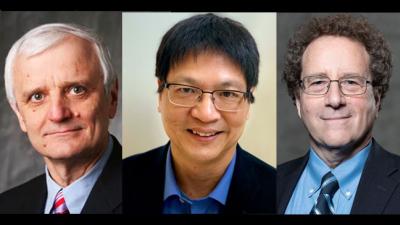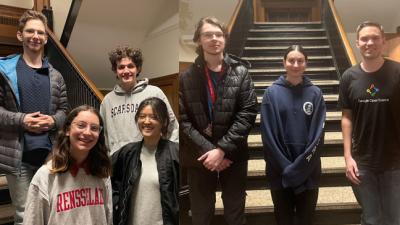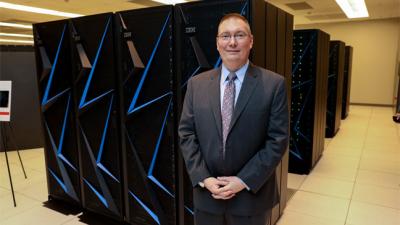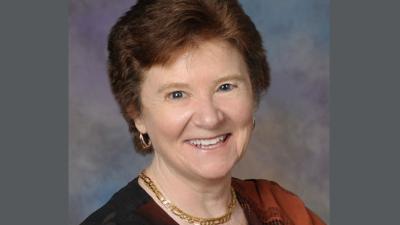Rensselaer Researcher Finds That Users Seek Out Echo Chambers on Social Media
We all know that communication encompasses so much more than words. Facial expressions, intonations, hand gestures, and more contribute to our expressiveness. However, in social media, these intricacies are lost.






